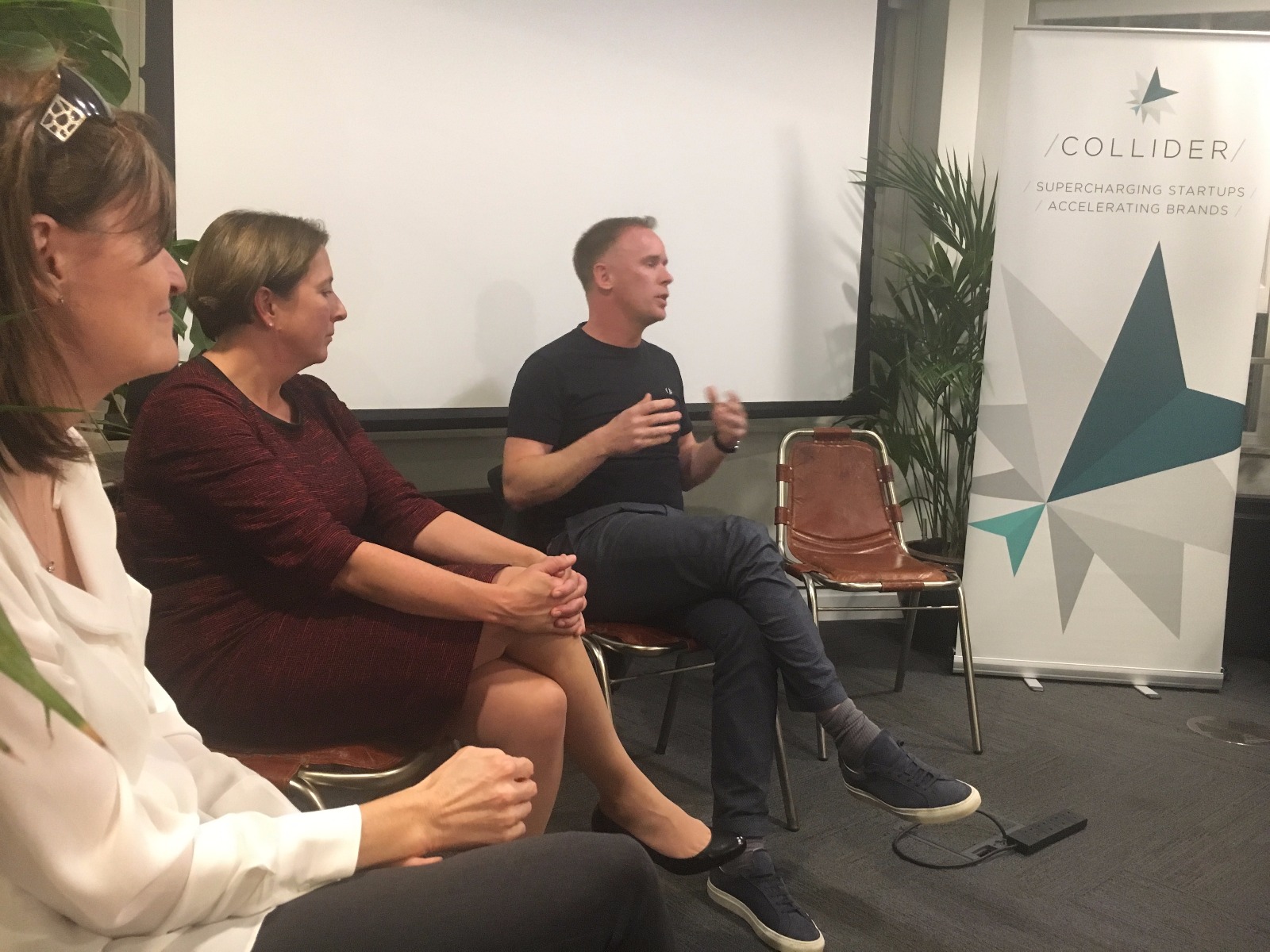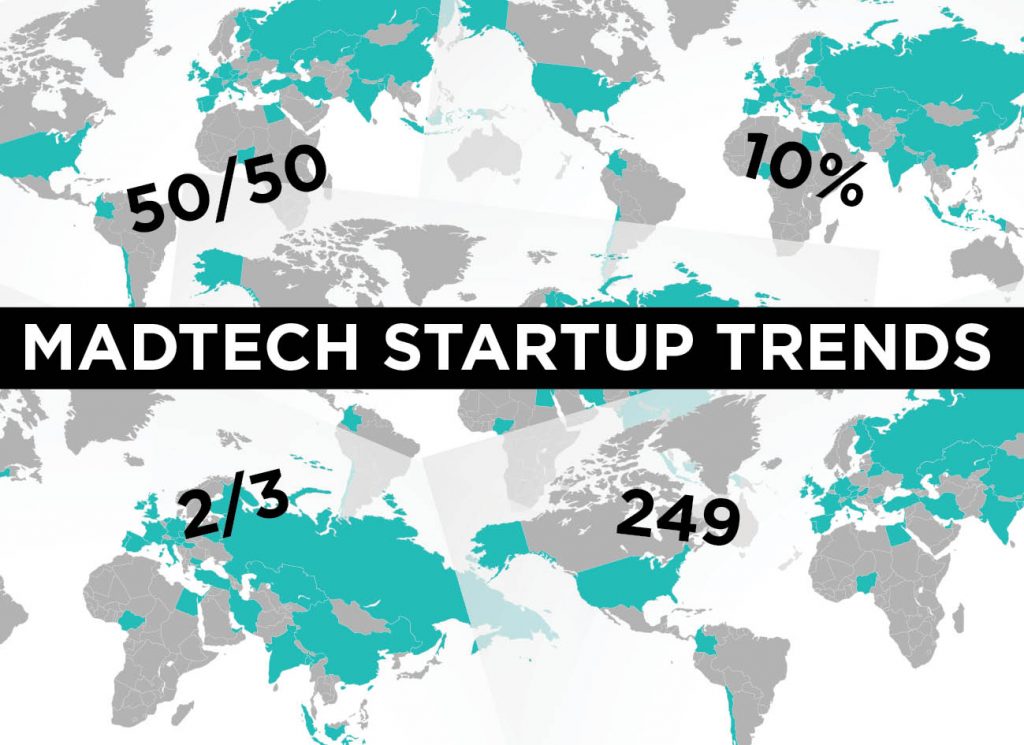We officially announced our big news today – Collider will be launching in Amsterdam next year! Below is our official press release. Please feel free to share to all, and if you'd like to get involved with our next step, we'd love to hear from you.
For Immediate Release
Collider to launch new madtech accelerator in Amsterdam
Amsterdam’s startup scene continues to draw interest from overseas, as London’s leading marketing and advertising tech accelerator announce their plan to launch in the city.
Now onto their fifth cohort, Collider invests in early stage, madtech startups to help them become sustainable, rapidly growing businesses through investment, a highly structured programme and access to a wide, relevant network.
The accelerator focuses on the sweet spot between startups and brands and the commercial benefits they bring to one another.
Amsterdam will be the company’s first office outside of the UK.
Rose Lewis, Co-Founder and CEO of Collider said: “Amsterdam has a huge marketing and ad presence – the third largest in Europe – and many big brands have their global or European HQs there.
“The startup ecosystem is growing thanks to some great initiatives in the city, so it makes perfect sense for it to become Collider’s second city.”
The accelerator saw their first exit in 2016 with Class of 2013 cohort member, Avocarrot, selling to Glispa for $20 million.
The way the business works with corporates sees startups scale up with significant speed, reaching product market fit and ultimately secure deals. Collider UK partnerships include Unilever, Ogilvy, Haymarket and The Financial Times.
Ellen Bark-Lindhout, who's heading up the Amsterdam branch said: “Collider UK has a proven track record of accelerating marketing and ad tech startups and I am convinced there is lots of potential to do the same beyond London.
“One, because this year again we received a record number of startup applications from all over Europe, and two, because there are many great brands around Amsterdam that want to be close to the latest digital tech to innovate in marketing and e-commerce.”
Earlier this year, Collider hosted a popup in Amsterdam, connecting companies such as Heineken, Philips, NN Group and Ahold with a group of Collider startups.
Ellen said: “The positive reactions from both corporates and startups strengthened our plan to launch a programme in Amsterdam next year.”
Amsterdam’s Deputy Major, Kajsa Ollongren said: “I am pleased to welcome Collider and feel confident that their office in Amsterdam will be an excellent addition to the London office.
"Not only is Amsterdam Europe’s most connected tech city, it is also home to a vibrant creative industry. Collider's presence will lead to even more innovation in our marketing and advertising sector and attract entrepreneurial digital talent."

For more information Tazz Gault tazz@collider.io 07828672000






 It’s happened. Yes, the time has come – our applications have now closed. And honestly, we’ve been seriously impressed.
It’s happened. Yes, the time has come – our applications have now closed. And honestly, we’ve been seriously impressed.
